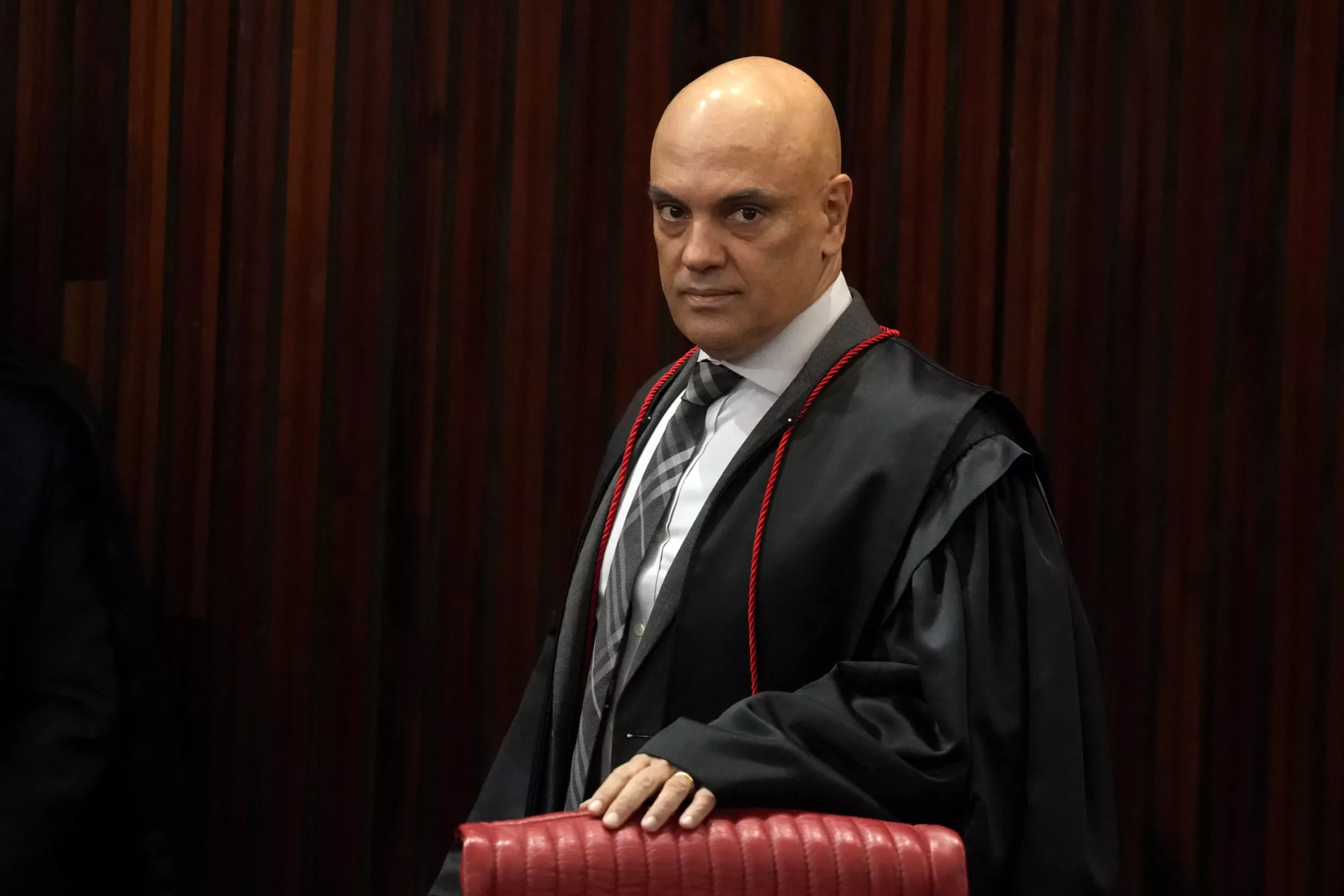The recent blocking of social media platform X in Brazil has sparked controversy and division among users and politicians regarding the legitimacy of the ban. Many Brazilians faced difficulties and uncertainties in navigating other social media platforms in the absence of X. The shutdown of Elon Musk’s platform began early Saturday, rendering it largely inaccessible on both the web and mobile apps after Musk failed to name a legal representative to the country within the imposed deadline by Supreme Court Justice Alexandre de Moraes. This move marks an escalation in the ongoing feud between Musk and de Moraes over issues related to free speech, far-right accounts, and misinformation.
Impact on Brazilian Social Media Landscape
The popularity of X among Brazilians is significant, with tens of millions of users in the country. The absence of X has prompted users to explore alternative platforms, such as Bluesky, a social media platform launched as an alternative to X and other established sites. Bluesky reported a notable influx of Brazilian users, with approximately 200,000 new sign-ups from Brazil in just a few days, indicating a growing user base. Brazilian users on alternative platforms have set records for activities like follows and likes, showcasing their engagement on these platforms.
Though X may not be as popular in Brazil as other platforms like Facebook, Instagram, YouTube, or TikTok, it still holds importance for political debates, influence among politicians, journalists, and opinion makers, as well as for sharing humor and memes. The platform has been a breeding ground for some of the country’s most famous memes and content that often spread to other social networks. The absence of X has impacted various user groups, including pop stars and their Brazilian fanbases, who are now left without a significant platform for communication and engagement.
Supreme Court Justice Alexandre de Moraes has stated that X will remain suspended until it complies with his orders, imposing a daily fine on individuals or companies using VPNs to access the platform. Legal experts have questioned the legitimacy of these fines and raised concerns about the enforcement of such measures, labeling them as authoritarian. The Brazilian Bar Association has expressed intentions to request a review of fines imposed on citizens using VPNs or other methods to access X, emphasizing the importance of due process and defense rights.
The ban on X has led to significant political backlash, with supporters of various politicians expressing discontent over the restrictions imposed on the platform. The former President of Brazil, Jair Bolsonaro, criticized the ban as an infringement on freedom and legal security, impacting international companies’ confidence in operating within Brazilian borders. President Luiz Inácio Lula da Silva supported de Moraes’ decision, emphasizing that all individuals, regardless of their wealth or influence, must abide by Brazilian laws and judicial orders. The ban has left many Brazilians feeling disconnected from global news and current events, highlighting the platform’s integral role in their daily lives.
The blocking of social media platform X in Brazil has not only disrupted the social media landscape in the country but has also sparked legal controversies, political tensions, and international implications. The impact of this ban on Brazilian users, politicians, and the broader community underscores the significance of social media platforms in shaping public discourse and facilitating communication. The ongoing debate surrounding the ban reflects the complexities of balancing free speech, legal compliance, and individual rights in the digital age.


Leave a Reply